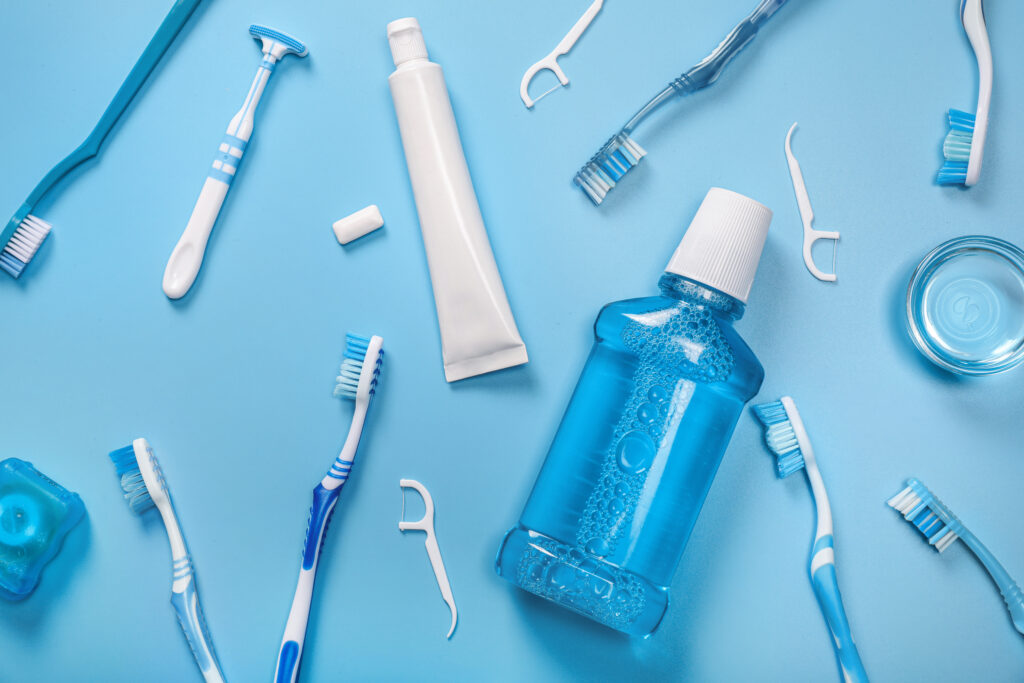Mouthwash is a valuable addition to your oral care routine, offering benefits beyond brushing and flossing. However, with a multitude of options available, selecting the right mouthwash can be overwhelming. In this blog post, we explore the different types of mouthwashes and provide guidance to help you choose the best one for your oral health needs.
1. Understanding Mouthwash Types:
There are several categories of mouthwash, each formulated to address specific oral health concerns:
- Antiseptic Mouthwash: Kills bacteria and helps prevent gum disease and bad breath.
- Fluoride Mouthwash: Strengthens enamel and prevents tooth decay.
- Cosmetic Mouthwash: Freshens breath temporarily without therapeutic benefits.
- Natural Mouthwash: Contains herbal ingredients and lacks artificial additives.
- Prescription Mouthwash: Prescribed by dentists for specific oral health issues.
2. Assessing Your Oral Health Needs:
Before selecting a mouthwash, consider your oral health goals and any specific concerns you may have. Are you primarily seeking to prevent cavities, reduce plaque buildup, freshen breath, or address gum disease? Understanding your needs will guide you in choosing the most appropriate mouthwash formula.
3. Choosing the Right Ingredients:
Look for mouthwash formulas that contain beneficial ingredients aligned with your oral health goals. For example:
- Antiseptic mouthwashes should contain active ingredients like chlorhexidine or essential oils (e.g., thymol, eucalyptol) for effective antibacterial action.
- Fluoride mouthwashes should contain fluoride at therapeutic levels (0.05% sodium fluoride or 0.02% fluoride ion) to strengthen enamel and prevent cavities.
4. Considering Special Considerations:
Factor in any special considerations, such as sensitivity to certain ingredients, allergies, or existing dental conditions. Consult with your dentist if you have specific concerns or require a prescription mouthwash for advanced oral health issues.
5. Incorporating Mouthwash into Your Routine:
Once you’ve selected the right mouthwash, incorporate it into your daily oral care routine. Follow the manufacturer’s instructions for proper usage, whether it’s rinsing before or after brushing and flossing. Remember that mouthwash is a complement to, not a substitute for, regular brushing and flossing.
Choosing the best mouthwash for your oral health involves understanding your needs, selecting the right ingredients, and considering any special considerations. By making an informed decision and incorporating mouthwash into your daily routine, you can enhance your oral health and maintain a fresh, healthy smile.

